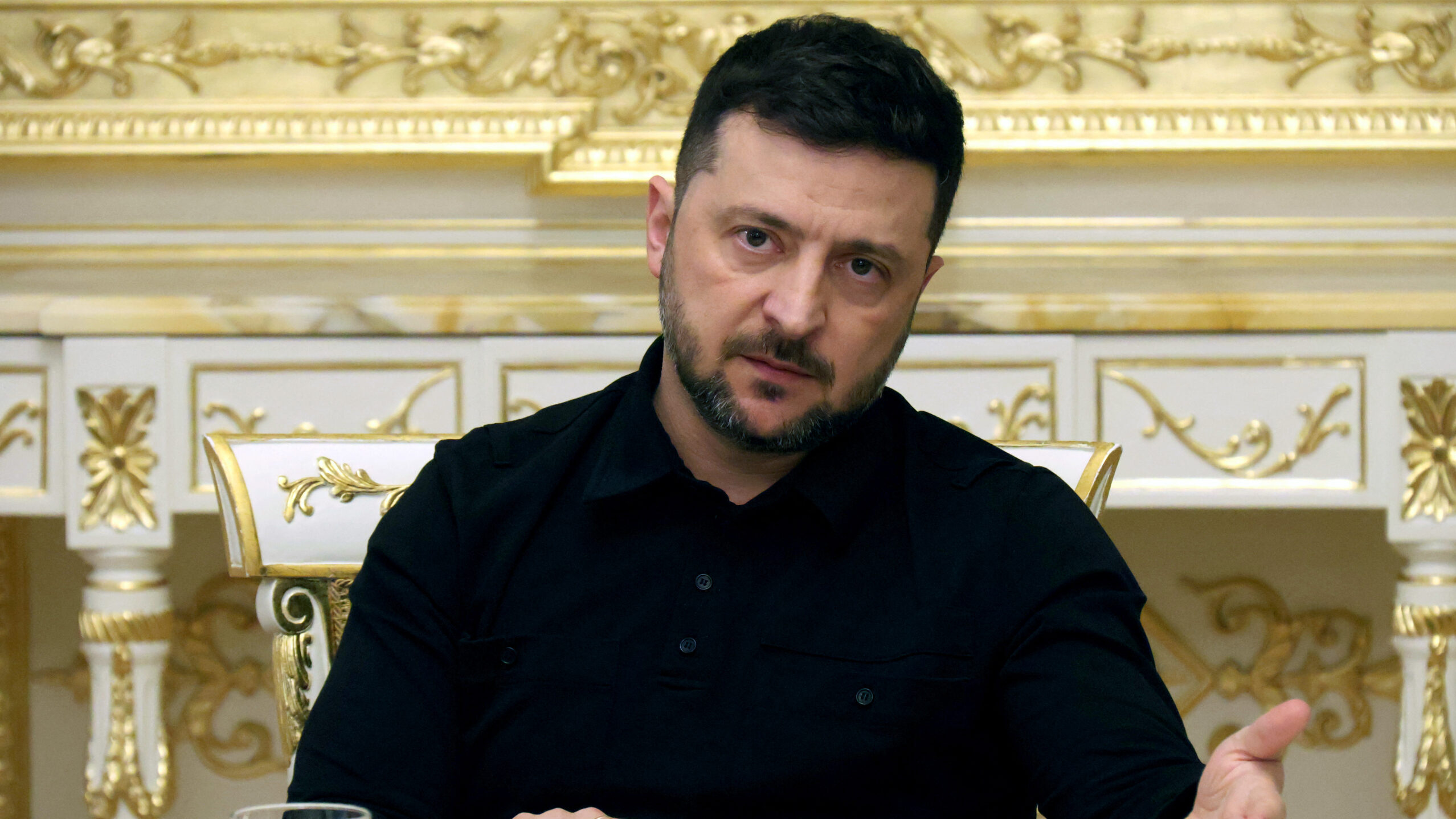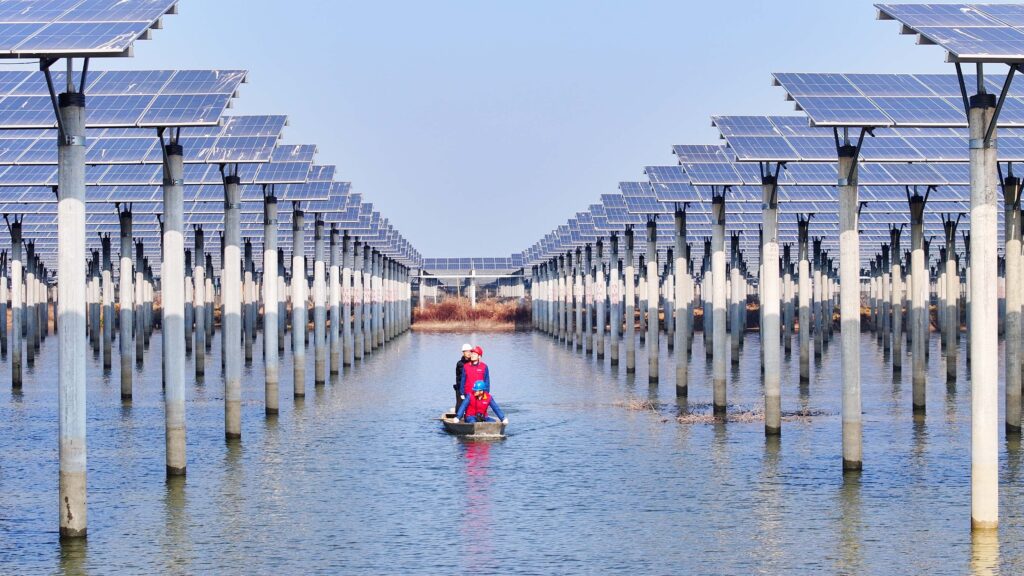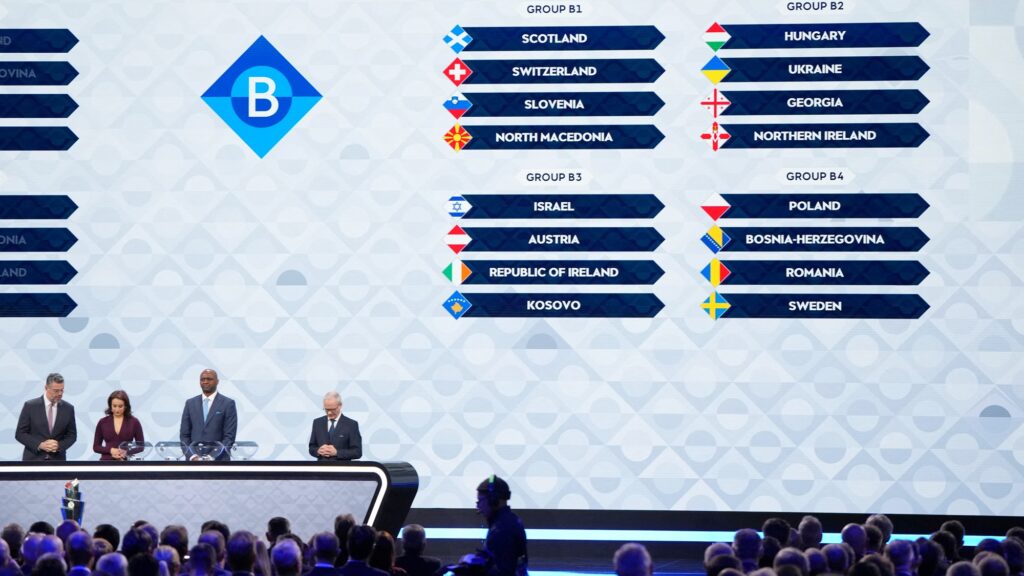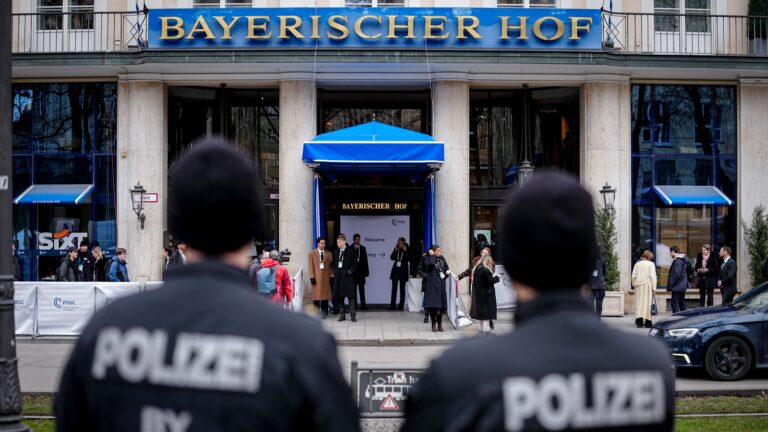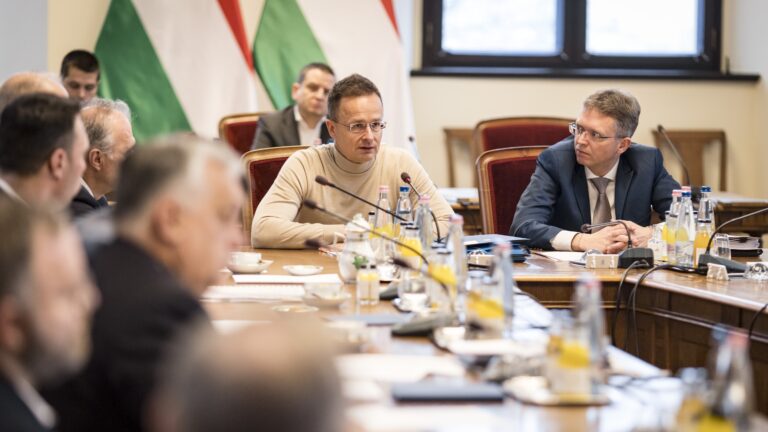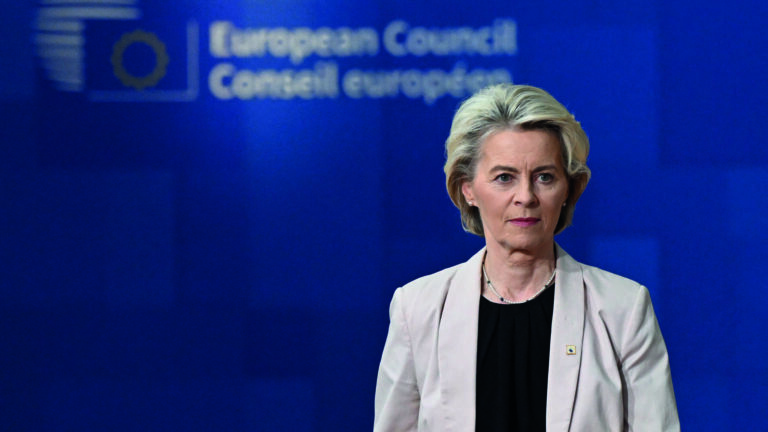Volodymyr Zelenskyy’s nearly six years as President of Ukraine have not been free from corruption scandals; however, the current case, involving $100 million, is unarguably one of the biggest in recent years.
Several media outlets reported on Monday that the National Anti-Corruption Bureau of Ukraine (NABU) and the Special Anti-Corruption Prosecutor’s Office (SAP) are probing top officials at Ukraine’s state energy companies—including nuclear energy operator Energoatom—in a case involving Zelenskyy’s close ally, businessman Timur Mindich. According to the investigation, conducted over the past 15 months, several key players attempted to skim around $100 million from the war-torn country’s energy sector.
Searches took place two days after Russia launched its largest attack yet against the Ukrainian energy system, striking nuclear plants and electric substations, and severely damaging power operator Сentrеgenergo’s electricity-generating capacity. The intensifying Russian attacks on Ukraine’s energy grid are causing serious blackouts and threatening millions with being left without electricity and heat as the country prepares for winter. Kyiv has repeatedly said it spent tens of millions of euros to protect the energy infrastructure from drones and missiles.
Now, some of these funds may never have been spent on protection. According to POLITICO Brussels, the individuals involved were accused of manipulating contracts at Energoatom to extract kickbacks worth 10–15 per cent of contract values. Investigators report that the network laundered roughly $100 million through a secret Kyiv-based office. The agencies stated that five of the seven alleged participants in the scheme have been detained.
Who Are They?
In recent days, information about the suspects has been revealed to the public. The most notable among them is Timur Mindich, co-owner of President Zelenskyy’s Kvartal 95 film production company. According to NABU, Mindich was the ringleader of the plot. The 46-year-old businessman has developed financial interests in several industries since Zelenskyy was elected president in 2019. Unsurprisingly, Mindich was a former business partner of Ukrainian oligarch Ihor Kolomoisky, the main funder of Zelenskyy’s successful presidential campaign—in fact, Mindich introduced Kolomoisky to Zelenskyy when the former actor sought to run for president. The relationship between Zelenskyy and Kolomoisky has since deteriorated, with the oligarch now in jail in Kyiv awaiting trial on embezzlement and fraud charges after his 2023 arrest. According to Ukrainian media, Mindich fled to Israel after being tipped off that he would be charged in the energy case.
The most prominent figure implicated is Justice Minister German Galushchenko, who, along with Energy Minister Svitlana Hrynchuk, submitted his resignation after the scandal broke.
‘Mindich was a former business partner of Ukrainian oligarch Ihor Kolomoisky, the main funder of Zelenskyy’s successful presidential campaign’
Another central figure is former Deputy Prime Minister and close Zelenskyy ally Oleksiy Chernyshov. He was identified in NABU recordings under the codename ‘Che Guevara’ and charged with illicit enrichment, allegedly receiving about $1.2 million and nearly EUR 100,000 through the money-laundering scheme.
Also named was Ihor Myroniuk, an ex-adviser to Galushchenko and former deputy head of the State Property Fund. Myroniuk’s lawyer called accusations of illicit enrichment and membership in a criminal organization baseless.
Dmytro Basov, former head of Energoatom’s security department and identified as ‘Tenor’ on the tapes, was also among those implicated.
Volodymyr Zelenskyy / Володимир Зеленський on X (formerly Twitter): “There must be maximum integrity in the energy sector, in absolutely all processes. I support – and the Prime Minister supports – every investigation carried out by law enforcement and anti-corruption officials. This is an absolutely clear and consistent position for everyone…. pic.twitter.com/6uYampIA6v / X”
There must be maximum integrity in the energy sector, in absolutely all processes. I support – and the Prime Minister supports – every investigation carried out by law enforcement and anti-corruption officials. This is an absolutely clear and consistent position for everyone…. pic.twitter.com/6uYampIA6v
Zelenskyy said on Wednesday that he supports every investigation carried out by law-enforcement and anti-corruption authorities. ‘There must be maximum integrity in the energy sector,’ he wrote on X. He added that it is ‘absolutely unacceptable’ that amid blackouts and power outages ‘there are also some scheme in the energy sector’. Zelenskyy announced: ‘I will sign a decree to impose sanctions on two individuals implicated in the NABU case concerning Energoatom.’
What Does the EU Say?
Not so long ago, however, Zelenskyy attempted to exert influence over NABU and SAP. On 21 July, Ukrainian authorities raided NABU’s headquarters, allegedly over suspicions of Russian espionage, detaining the head of the agency’s Dnipro office and searching at least 15 detectives, some reportedly in connection with unrelated traffic incidents. Just a day after the raids, Zelenskyy signed into law a bill placing both NABU and SAPO under the authority of the Prosecutor General—an office appointed by the president—effectively granting him far-reaching control over which corruption cases would advance.
While his attempt ultimately fell short under pressure from the European Union and he withdrew the bill, since the latest scandal emerged critics have widely cited the episode as proof that the bill and the raid were in fact intended to shut down investigations into the energy-sector scheme and to protect Zelenskyy’s allies.
Reacting to the scandal, a European Commission spokesperson said that uncovering the alleged kickback scheme demonstrated that Ukraine’s anti-corruption efforts are working as the country strives to meet EU membership standards. German Chancellor Friedrich Merz stressed on Thursday that ‘the German government’s expectation is that Ukraine press ahead energetically with fighting corruption and further reforms, particularly in the area of the rule of law.’
The scandal surfaced just one week after the European Commission presented its enlargement report on Ukraine, in which it urges EU governments to give the green light to Kyiv’s EU accession process. The EU affairs ministers of the member states will meet in December in the western Ukrainian city of Lviv to discuss the issue. Zelenskyy’s administration aims to complete accession talks by the end of 2028; however, Hungary is currently blocking the procedure from starting.
Related articles:

